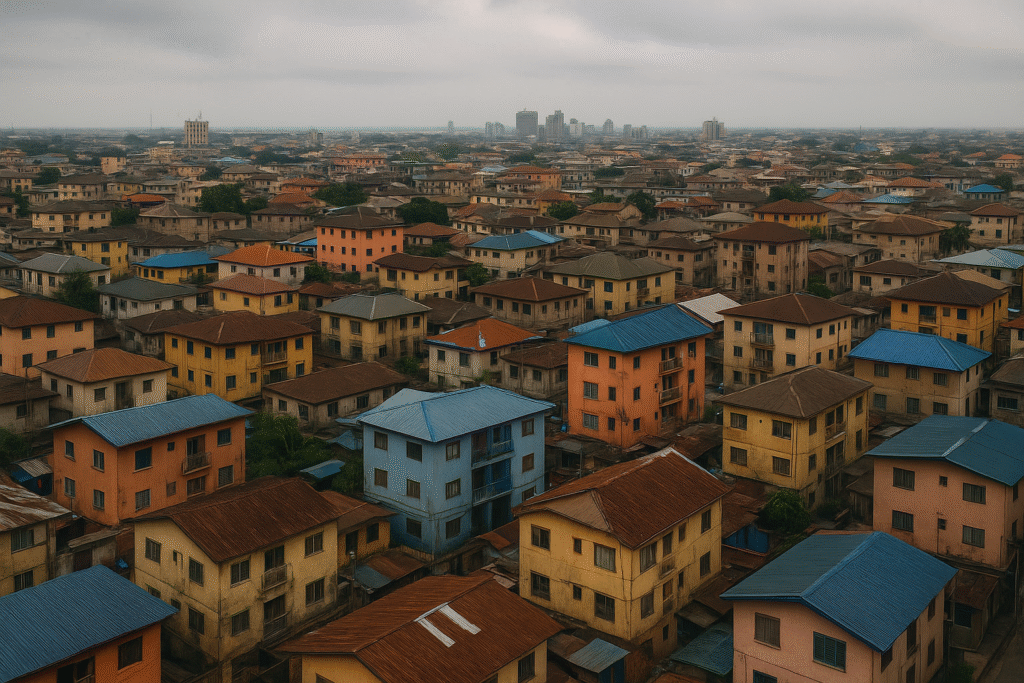Lagos Rent Crisis: A Call for Redress in Housing Laws for the Average Lagosian
Living in Lagos can be both exciting and exhausting. The vibrant energy, endless opportunities, and dynamic lifestyle make the city attractive—but for the average Lagosian, the cost of living, particularly housing, is a heavy burden. For many, Lagos feels like a city where you’re constantly working but can barely afford to live comfortably.

Housing in Lagos has become a luxury that is out of reach for the average citizen. Imagine earning a modest income and still not being able to boast of anything tangible—no savings, no investments—just working to feed and survive. The reality is stark: most people are not working for comfort or security, but simply to get through the day.
Take, for example, the cost of renting a mini flat (a one-bedroom apartment). In rural parts of Lagos, the minimum rent is around ₦500,000, while in more urban or developed areas, it can go into the millions of naira. And that’s not even the worst part. The agencies involved in securing rental spaces often charge outrageous fees—sometimes doubling the rent itself. Their demands are frequently unreasonable, often including discriminatory clauses such as:
- You must be Yoruba (a clear case of tribalism)
- You must be a salary earner
- You must be within a certain age bracket
- Only young couples are considered
These requirements are not just unfair; they are unethical and illegal in a diverse and cosmopolitan city like Lagos.
Even after securing a space, tenants have no say when it comes to rent increases or other decisions. Landlords can raise rent arbitrarily, and tenants are expected to comply without objection. The laws that supposedly protect tenants are often secretive, ineffective, or poorly enforced, leaving ordinary citizens at the mercy of landlords and agents.
My personal experience paints an even darker picture. After renewing my rent—with a 200% increase—I was handed a notice to quit just two months later because the property had been sold. I was given only three months to vacate, and when I challenged the process, the lawyer representing the landlord threatened to take legal action if I didn’t leave, advising me to “get my own lawyer.”
This isn’t just my story—it’s the reality of countless Lagosians. It’s not that people are lazy or unmotivated; they are simply caught in a broken system that favors property owners and agencies while silencing tenants.
Although the Lagos State Government has enacted laws to regulate rent—such as capping agent fees at 10% and restricting landlords from collecting more than 12 months’ rent upfront—these laws are rarely implemented or enforced.
This article is a call for redress. Lagos needs effective and transparent housing regulations that protect ordinary citizens, not just landlords and agents. If possible, the government should consider placing a benchmark on house rents based on location, to create a fair and livable housing environment.
It’s time to make Lagos livable for all—not just for the privileged few.
Writer: Afolabi Mofolorunsho




















